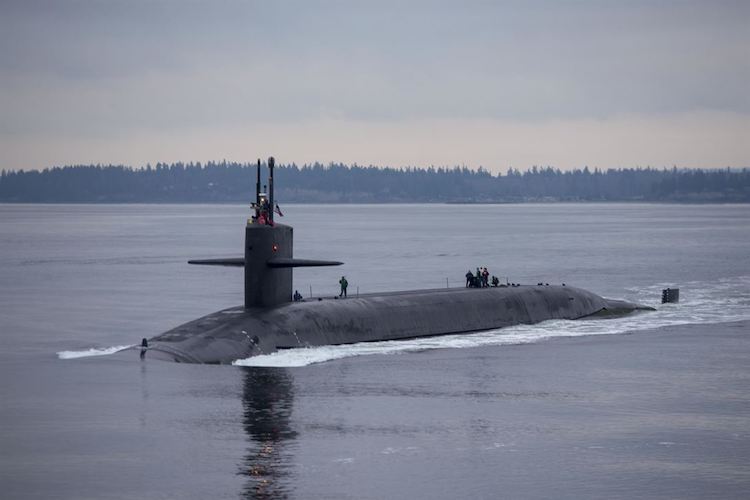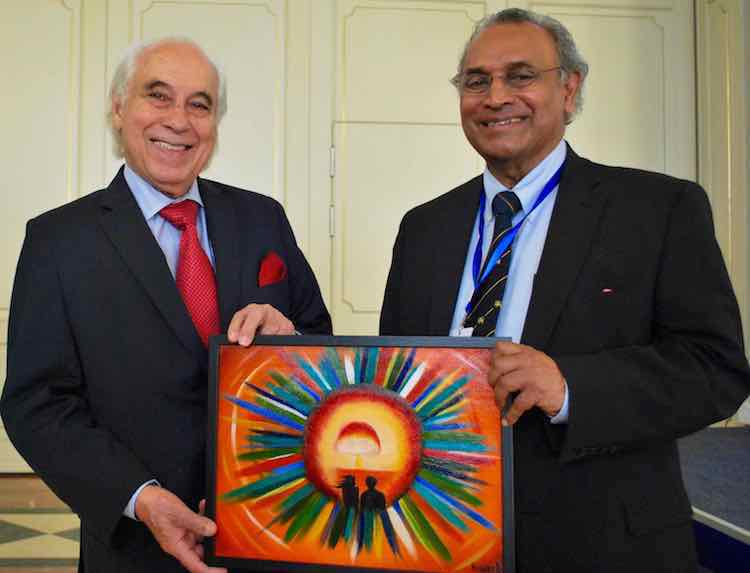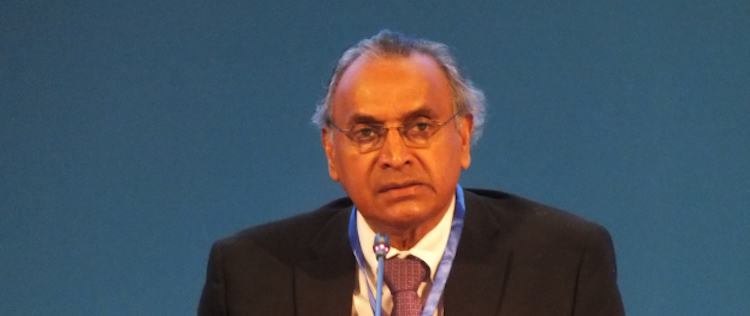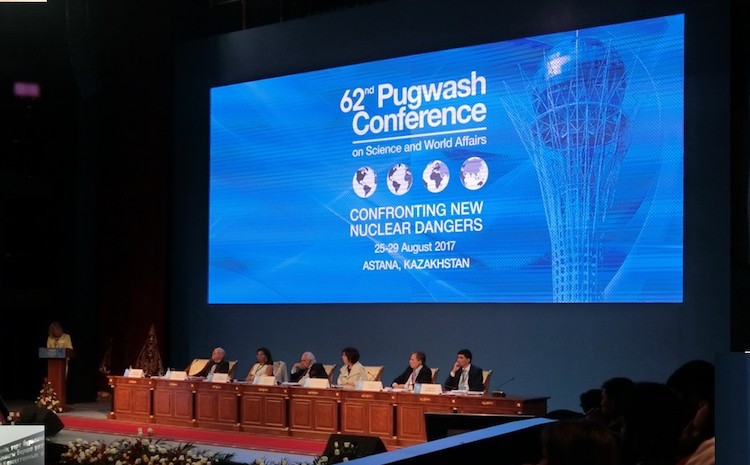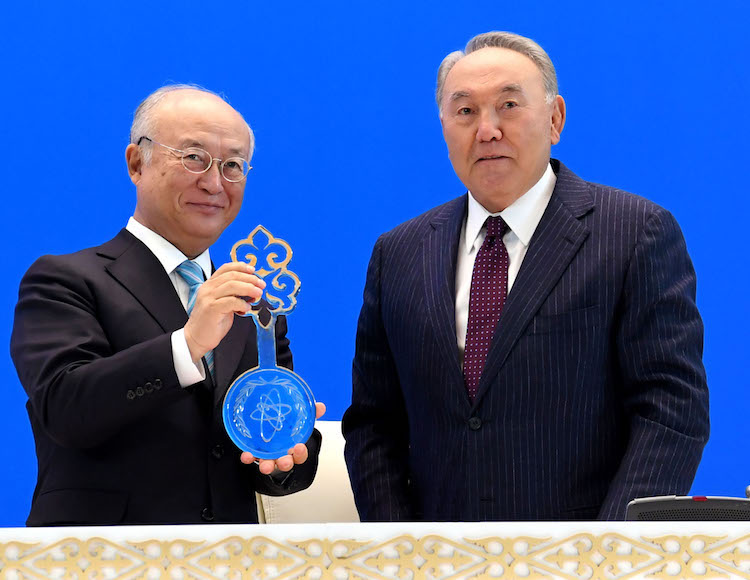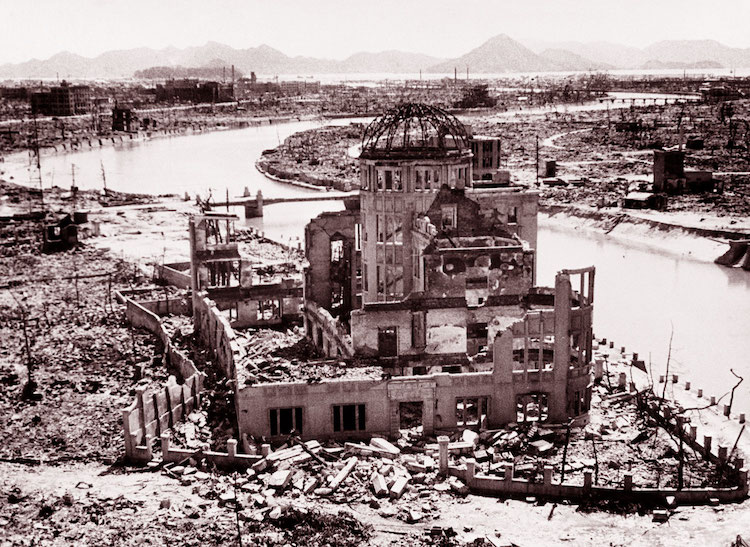Nuclear Posture Review ‘Recipe for a Disaster’, Warns Pugwash
By J Nastranis NEW YORK (IDN) – The Nobel Peace laureate ‘Pugwash Conferences on Science and World Affairs’ has warned that the latest development of U.S. nuclear weapons policy “will serve only to increase the saliency and attractiveness of nuclear weapons, and will certainly not enhance international security.” Commenting on the United States 2018 Nuclear […]


